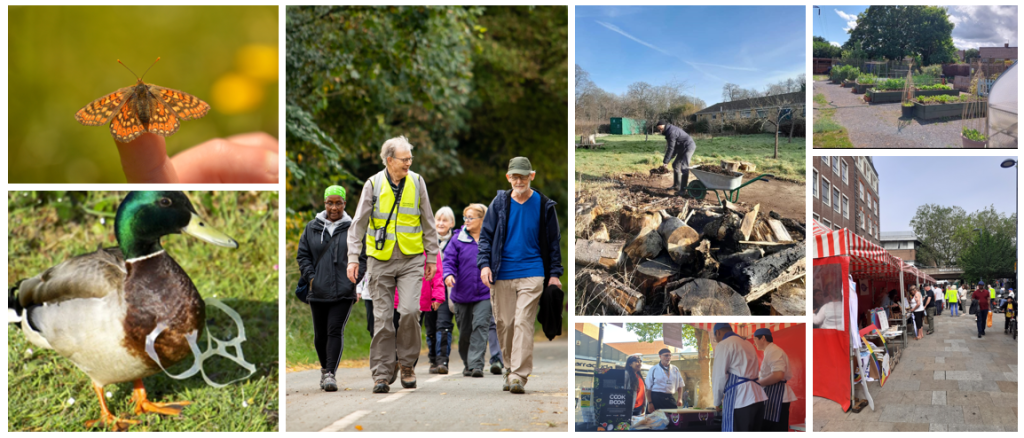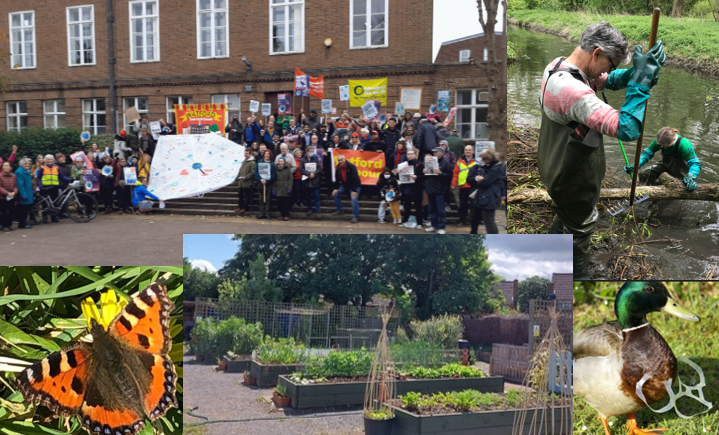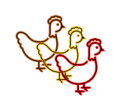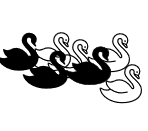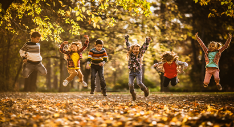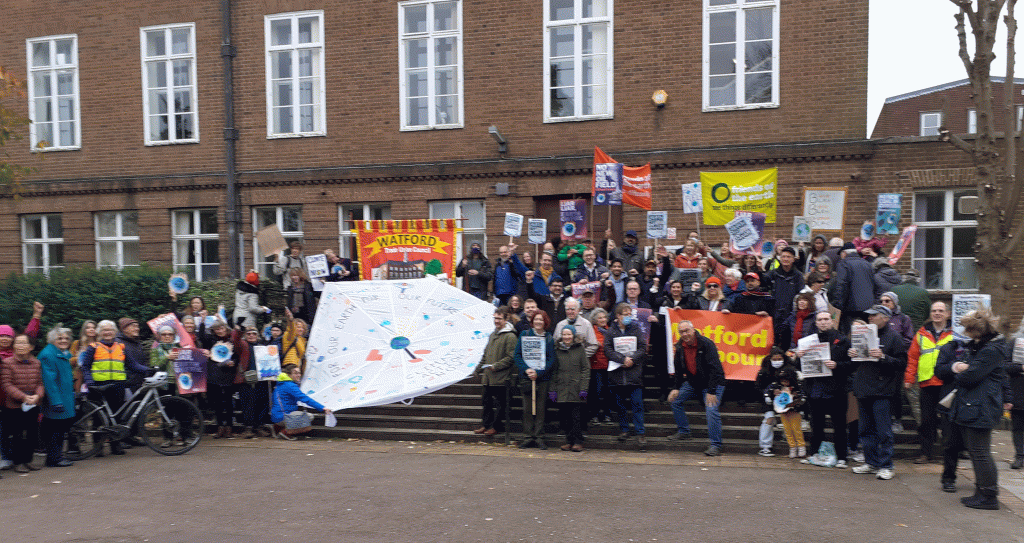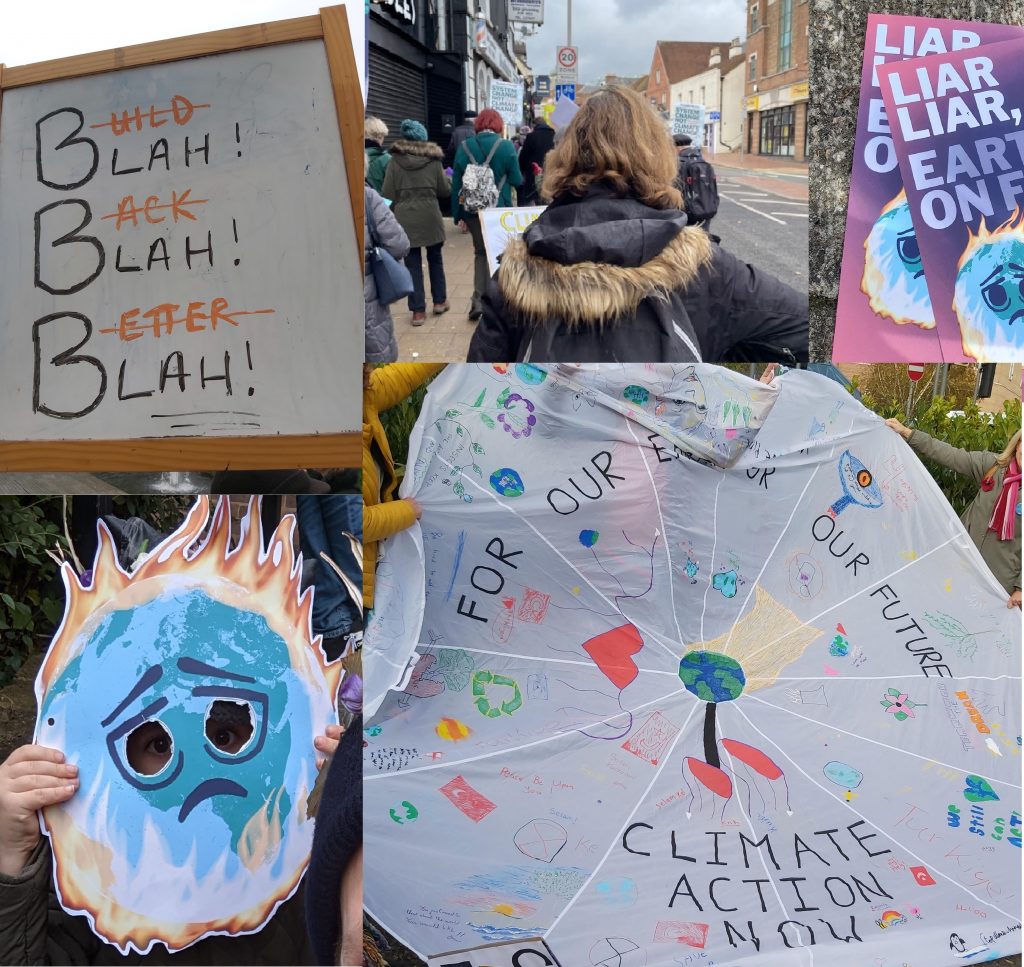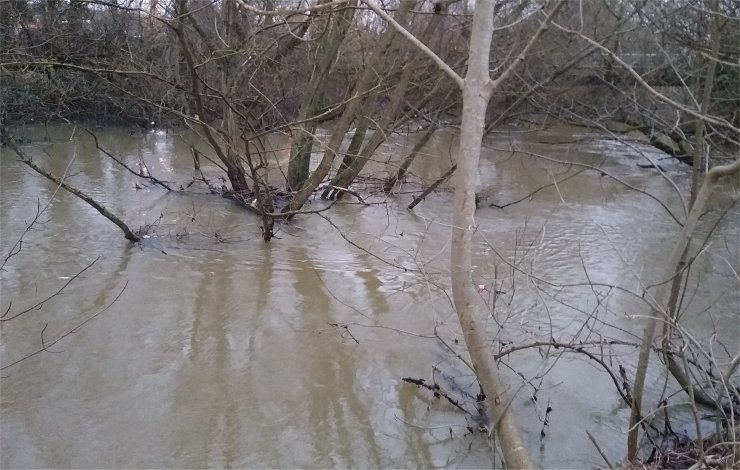On 24th November at 7.30pm at the Three Rivers District Council (TRDC) chambers, the Independent Councillor, Alex Michaels, is putting forward his motion to reduce mowing of TRDC grassland. The IPCC, who’s scientific report the most recent COP 26 conference was based off, list loss of biodiversity as one of the key anthropogenic issues humanity needs to solve. If successful this motion will allow our small Council area, like many other Council’s have already done, to start bringing back some of that lost biodiversity.
The grasslands motion is set out below – if you are a TRDC residents please take the time to email your councillors with your views on this motion and, if free, attend the meeting itself.
A speaker from the local wildlife trust is supporting this motion and says: “Grassland is one of the most unique habitats for wildlife and pollinators in the UK. 97% of species rich grassland in Hertfordshire has been lost since the 1930’s and 48% of species associated with it have noticeably declined since 1970.”
The motion:
(1) Hertfordshire has predominately chalk bedrock
(2) Which often leads to conditions which support chalk meadows which have been called ‘the UK’s equivalent of rainforest’
(3) Of the total publicly owned land in the District TRDC owns circa 30%. TRDC resolves to look for opportunities to cease mowing up to 50% of the grassland it owns and manages and replace this with hay meadow management (cutting and clearing twice a year). This will exclude unsuitable areas such as football pitches, areas used for playgrounds (etc.) and include verges, areas in parks and all other areas which are mown and do not need to be mown for a specific recreational reason (e.g. football pitch, playground). This motion will aim to decrease grass cutting by up to 50% of TRDC owned land and achieve concurrent gains in biodiversity. Costs for the cut and lift will likely fall into two areas. Firstly, new equipment which may be paid for by cost savings, reduced mowing where possible, existing budgets or a request to P&R. Secondly disposal costs which should be mitigated by creating sacrifice areas wherever possible, or by sale to a biodigester (e.g. the plant at Royston). TRDC will aim to have a plan presented to LEC prior to April 2022, which will take into consideration biodiversity data gathered in the 2021 audit. TRDC will review relevant officers job descriptions within the Leisure department and ensure sustainability is incorporated to re-enforce this shifting outlook.
When emailing TRDC councillors please include your address (to show you are a resident) – and listed below are the contact details for TRDC councillors (please cc Sarah.Haythorpe@ThreeRivers.gov.uk in to your emails):
alex.michaels@threerivers.gov.uk
Phil.Williams@threerivers.gov.uk
Chris.Lloyd@threerivers.gov.uk
Roger.Seabourne@threerivers.gov.uk
Stephen.King@threerivers.gov.uk
Paula.Hiscocks@threerivers.gov.uk
Lisa.Hudson@threerivers.gov.uk
David.Major@threerivers.gov.uk
Debbie.Morris@threerivers.gov.uk
Alison.Scarth@threerivers.gov.uk
Jon.Tankard@threerivers.gov.uk
If you wish to attend the meeting you need to register in advance with committeeteam@threerivers.gov.uk
THANK YOU!
If you are interested – here are some great links on No Mow:
Road Verge wilding
Mowing in No Mow meadows


